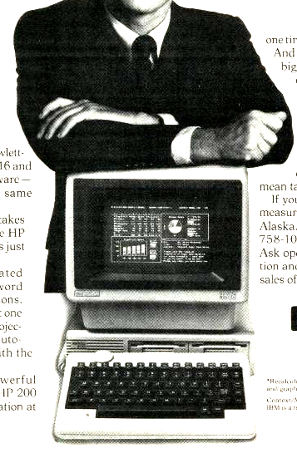Leaders call for more data
 A new study has found that business leaders are feeling overwhelmed and underqualified to make decisions based on the data available to them.
A new study has found that business leaders are feeling overwhelmed and underqualified to make decisions based on the data available to them.
The study - undertaken by business tech firm Oracle and bestselling author Seth Stephens-Davidowitz - involved more than 14,000 employees and business leaders across 17 countries, and it revealed that people are struggling to make decisions in both their personal and professional lives.
The study revealed that 74 per cent of people surveyed feel that the number of decisions they are required to make every day has increased tenfold over the last three years. As a result, 78 per cent are being bombarded with more data from more sources than ever before.
The volume of data is making decisions in personal and professional lives more complicated for 86 per cent of respondents, and 59 per cent have said that they face a decision-making dilemma more than once every day.
The inability to make decisions is having a negative impact on the quality of life for 85 per cent of people, causing spikes in anxiety for 36 per cent, missed opportunities for 33 per cent, and unnecessary spending for 29 per cent of respondents.
The study also revealed that 93 per cent of respondents have changed the way they make decisions over the last three years. More specifically, 39 per cent of respondents now only listen to sources they trust, while 29 per cent rely solely on gut feelings.
Business leaders have expressed their desire to use data to make decisions that are critical to the success of their organisations. However, they feel that they lack the tools required to be successful, which is eroding their confidence and ability to make timely decisions.
The study found that 85 per cent of business leaders have suffered from decision distress over the last year, and 93 per cent believe that having the right type of decision intelligence is critical to the success of their organisations.
The study also found that 97 per cent of business leaders would like help from data, with 44 per cent saying they would like data to help them make better decisions, 41 per cent saying they would like data to reduce risk, and 39 per cent saying they would like data to help them make faster decisions.
However, 72 per cent of business leaders said that the sheer volume of data and their lack of trust in data has stopped them from making any decision at all, and 89 per cent believe that the growing number of data sources has limited the success of their organisations.
The study also revealed that 77 per cent of business leaders feel that the dashboards and charts they get do not always relate directly to the decisions they need to make, while 72 per cent believe that most data available is only truly helpful for IT professionals or data scientists.
The study found that people would like data to be relevant to the decisions they need to make, or they will give up on it.
The study showed that 70 per cent of people surveyed find the headache of collecting and interpreting data too much to handle, with 78 per cent of business leaders saying that people often make decisions and then look for data to justify them.
Meanwhile, 74 per cent of employees believe that businesses often put the highest paid person’s opinion ahead of data, and 24 per cent feel that most decisions made in business are not rational.
Despite their frustrations with data, people know that without it, their decisions would be less accurate for 44 per cent, less successful for 27 per cent, and more prone to error for 39 per cent of respondents.
Seth Stephens-Davidowitz, data scientist and author of Everybody Lies and Don’t Trust Your Gut, said; “People are drowning in data”.
“This study highlights how the overwhelming amount of inputs a person gets in their average day - internet searches, news alerts, unsolicited comments from friends - frequently add up to more information than the brain is configured to handle.
“People are tempted to throw out the confusing, and sometimes conflicting, data and just do what feels right. But this can be a big mistake.
“It has been proven over and over again that our instincts can lead us astray and the best decision-making is done with a proper understanding of the relevant data.
“Finding a way to get a handle on the stream of data at their fingertips, to help businesses distinguish between the signal and the noise, is a crucial first step,” he said.








 Print
Print